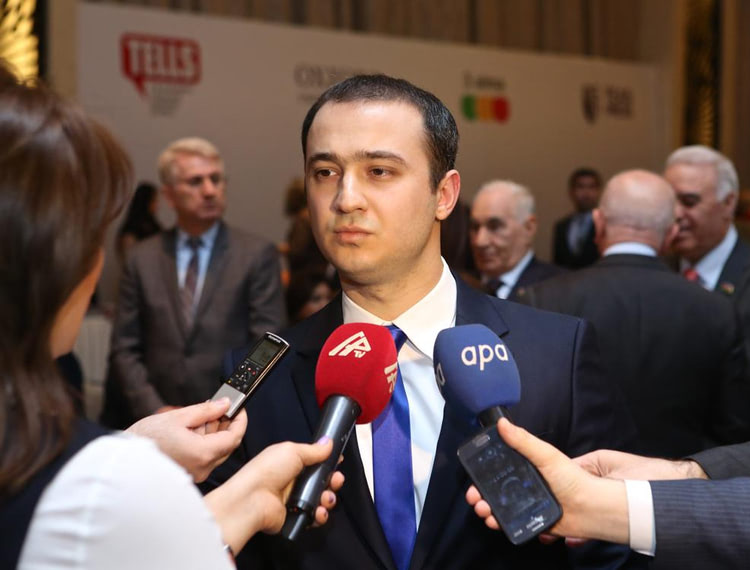COVID-19: Challenges facing further education

The COVID-19 pandemic has challenged numerous sectors of the global economy, with many industries potentially unrecognisable in the ‘new normal’. This health crisis is challenging us globally, but we should be confident that in the end, things will get better.
COVID-19 demands that industries must innovate, or they will stagnate, and the Further Education (FE) sector is no different. As a member of the FE Community, through the founding of The European Azerbaijan School, I understand that this sector faces both opportunities and challenges.
Welcoming International Students
COVID-19 and simmering geopolitical tensions may put international education in doubt. As someone who is writing from Azerbaijan and has studied abroad in the UK for university, I am concerned a decline in international studies and cultural exchange may be a consequence of COVID-19. This would benefit local universities and educational institutions but removes the possibility of an unparalleled international experience that students could have.
Studying abroad is beneficial in several ways. International study not only offers international students the perspective of another culture, but domestic students also benefit from a wider cultural understanding by interacting with those from very different backgrounds to themselves. By gaining experience of another culture, students can think of new solutions to old problems and learn to work in diverse teams. In times of division, FE leaders should continue to promote the benefits of international study and resist the current trends that are reversing globalisation.
On a financial footing, international students are a source of substantial revenues for FE institutions, therefore it would be unwise for governments to create an unwelcoming environment or set of policies that deter international students. Many of the UK’s top universities are dependent on international students for their bottom-line.
For example, over 70% of students at the London School of Economics originate from outside the UK. Furthermore, with 15% of current full time jobs at the University of Reading, to name just one example, under pressure as a result of COVID-19 induced stressors, at this time, FE institutions must try to retain and enlarge all possible revenue streams.
Despite current restrictions on air travel and the retreat of globalisation, the benefits of international study remain clear. Leaders in the FE sector must make a loud and clear case for international study and international students.
Learning online and at a distance
The UK Government has claimed schools will be able to open in September 2020, however, FE leaders should prepare for all outcomes. COVID-19 has caused learning to increasingly take place online. In May, Cambridge University, for example, declared that all lectures will be online-only until next summer.
In my home country of Azerbaijan, the French-Azerbaijani University organised its first-ever graduation ceremony online, with the ceremony streamed live on Facebook. Although I hope that future graduation ceremonies are allowed to take place in person, we should prepare for continued change from our normal behaviours and expectations.
To prepare for the future, FE leaders must consider that the routine of students physically going to their higher education institutions daily may be a thing of the past. In Azerbaijan, as of 9 July, over 100,000 users from 30 out of 50 universities in the country, and all vocational institutions, are using Microsoft Teams as a principal learning platform.
FE institutions that proliferate their offering of online courses and adapt to accommodate further distance learning will be the ones that succeed in the future. There is an urgent need to upgrade the technology and learning systems of universities, if not already underway. The end of the office as we know it may be upon us, and the era of students physically attending their college or university daily may well be too.
In conclusion, the FE sector must adapt to thrive post COVID-19. FE sector leaders should seek to retain and expand the level of international students at their respective institutions and be prepared for an acceleration towards online and distance learning.
Despite the challenges the sector currently faces, there are also opportunities to be seized. FE emphasises the importance of having an open mind, questioning the status quo, and fostering creativity. If FE leaders can embrace these values themselves, then I am confident that our sector will continue to thrive post COVID-19.
Mr. Tale Heydarov is the Chairman of Gilan Holdings, Founder of the European Azerbaijan School, Azerbaijan Teachers Development Centre, Libraff bookstores network, TEAS Publishing House, and until recently served as the President of Gabala FC football club (Azerbaijan Premier League) and Gabala Sports Club.











Responses